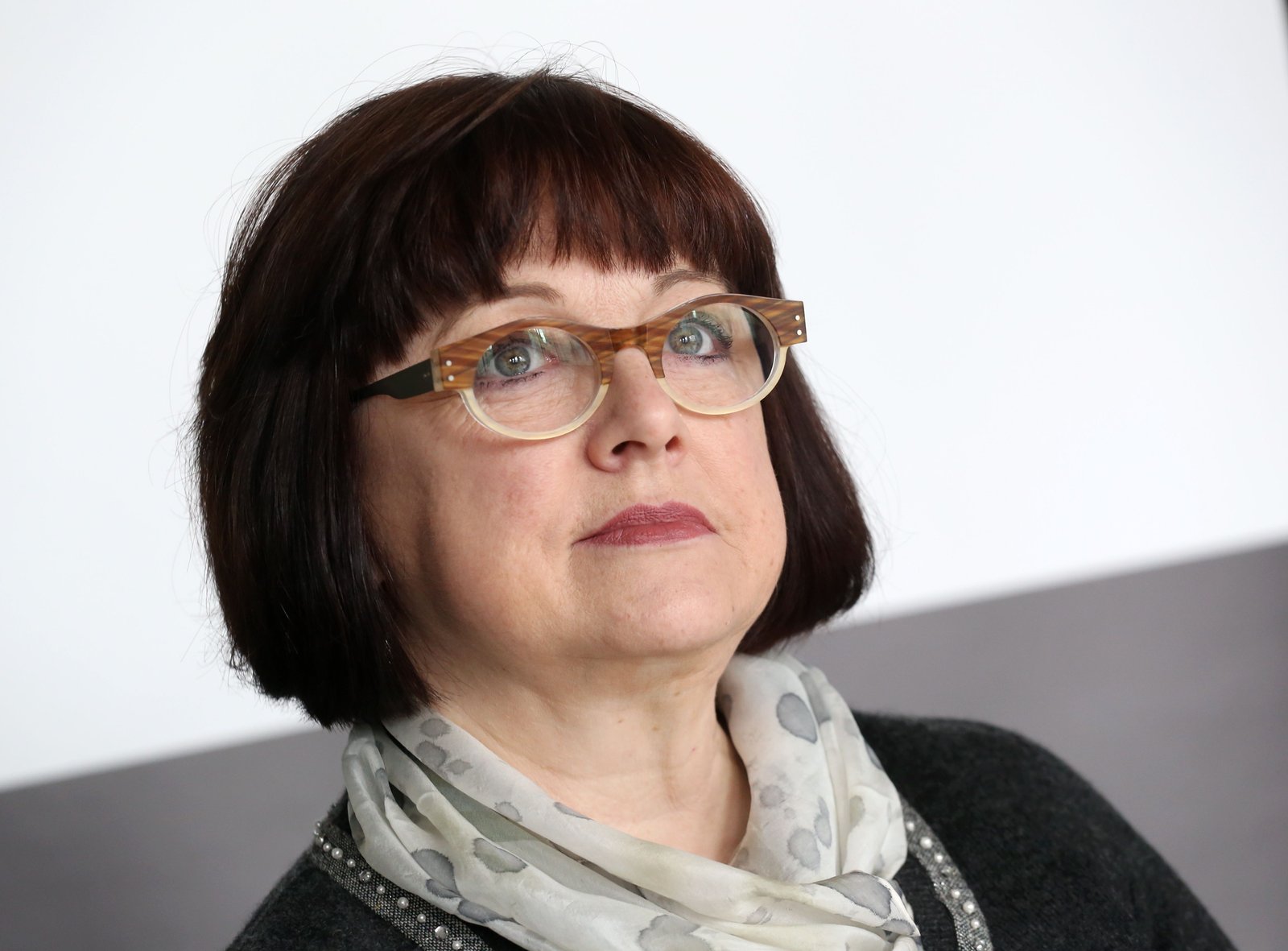

Bendrovės archyvas
In her words, if it turns out that the EU does not provide 85 percent of support in the future, the Baltic states would have to find ways of ensuring project continuity, however, there should be no fears of the project being terminated.
“My fear is that with Brexit, with all issues surrounding, the need to strengthen safety and security in Europe itself due to refugee demands and others I’m not so sure that the financing itself on the dimension it was presented 4-5 years ago will be actually available for all the projects that were all of them need some kind support. So what we will be looking in the future and throughout these year is to investigate what kind of financing could be post-2020,” Rubesa said in Lithuania on Thursday.
In her words, very rough estimations are that the project will require a total of 4 billion euros, therefore, the three Baltic states expect the EU to continue providing 85 percent of support. Lithuania has also said that it was only participating in the project on the condition of 85 percent of the costs covered by the EU.
“I think there is no question that none of the Baltic budgets can easily take on their own to finance projects of this dimension, if the financing is not 80 percent. I think you have to ask the politicians still today, we will have many elections till the project ends how stable that stand is or not. I really have a hard time believing that if we are sort of one third or even more along the way almost in construction in different parts of the region, that we will not be able to address an issue how we find a relevant financing,” said the RB Rail board chairperson.
Estonia recently had discussions about the project being a private and public partnership, possibly funded by banks, she added.
“I think it needs to be very understood that we are not just building infrastructure for freight and for couple of passengers. We are genuinely building a new economic corridor in northeastern Europe to strongly link economic activity from Finland all the way to the West and actually to the South. We have majority of people in Baltics look with high skepticism to passenger travel, especially regionally in between capital cities in the Baltics. I have exactly the opposite feeling. (…) There are things that we need to look at and see what we can generate in such a way that in 2025 or in 2026 when the train is really tested and running we actually have a commercial model that is in place and working,” said Rubesa.
Following disputes with the earlier leadership of Lietuvos Geležinkeliai (Lithuanian Railways), the state-run railway company, Rubesa expects a dialogue and constructive cooperation with the company’s new top executives.
I admit it: I’m not that type of person who follows domestic and international politics…
While Prime Minister Gintautas Paluckas does not take issue with the statements made by the…
Lithuanian economists are surprised to see our country's economic growth: the Estonian economy has been…
"The fate of Nemuno Aušra (Dawn of Nemunas) in the coalition has been decided; they…
Airvolve, a Lithuanian dual-purpose aeronautics company, has successfully completed its first round of testing and…
The world is becoming smaller, more intertwined, and increasingly fragmented, with many of the previous…